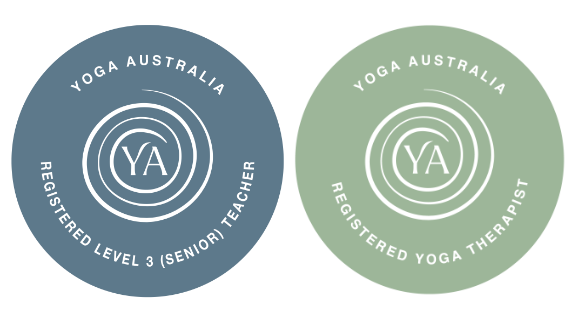By Kel Fox
Sarah’s offline this week, taking some time off teaching and writing to look after herself during a bout of illness. Since that in itself is an act of self-care, it seems like a good time to revisit last year’s theme, and perhaps see if there is a link to this year’s theme of ‘connection’.
What is self-care? It has become synonymous with luxurious relaxation, afternoons at the day spa, or weekends away from daily life, and since then been challenged: is self-care selfish? Is it necessary? Is it just about cutting out stress? Is it even something we should be worried about (especially since that does seem to defeat the purpose)?
Self-care is important. If we expand the definition beyond massages and holidays at the beach, it is, effectively, what keeps us alive. Self-care is – or should be – a daily engagement with yourself and your body, and it isn’t always easy relaxation. Actually, most of it isn’t easy. I suspect the real reason we have neglected ourselves and relegated self-care to the realms of day spas and float tanks and saying no to helping your aunt move house, then labelled this box ‘selfish and unnecessary’, is so we can avoid the work that is true self-care. It is far easier to take care of everyone else first, and then when our own bodies or minds start to fray, say it wasn’t our fault. But if you’re here, you know that isn’t true.
Self-care is your motivation to do well and be well. If your motivation for going to yoga is to keep up with the latest Instagram trends, that’s not self-care. But if your motivation is to engage with yourself on a physical, emotional and spiritual level, then it is. The latter is harder, of course. Real spiritual engagement is joyful, but it is also confronting at times. Real emotional engagement can be frightening when we uncover some unpleasant truths about ourselves or our relationships. Real physical exercise is difficult when we are pushing our bodies to do something new, or gain strength and flexibility. But with this unpleasantness and difficulty comes the wonder of opening our hearts to experience, and the fun of discovering what our bodies are capable of.
Self-care is eating (well). Self-care is exercising (safely). Self-care is your daily grooming (with healthy products), what you think when you look in the mirror, the way you respond to difficult emotions, standing up for yourself if you feel your soul is compromised. Self-care is about being connected enough to your soul to listen when it is talking to you. And it is talking to you all the time. If you haven’t heard it, it is because you haven’t been listening.
Say ‘yes’ or ‘no’ to things with the discretion your soul offers. The message this sends to yourself about how you value your time is self-care. If you choose to help someone, do it not to be selfless or to cross off your ‘good deed’ for the day, but because you understand that what you do for others, you do for yourself. This sends a message to your soul that you care for yourself. Then when you need help, ask for it. It will be there. Accept it. This sends the message that you value yourself: that you love your soul, unselfishly, knowing that the universe is reciprocal, and your soul is the universe.
Now we uncover the link between self-care and connection: self-care is nurturing your connection to your soul (thus also your heart, mind, body – every layer in between). The opportunity is this: everything you do in your life can be an act of self-care. Do everything with kindness, connected to the voice of your soul, and that is the best self-care you can find.
Adapted from original post on Kel’s blog.


Leave a Reply
You must be logged in to post a comment.